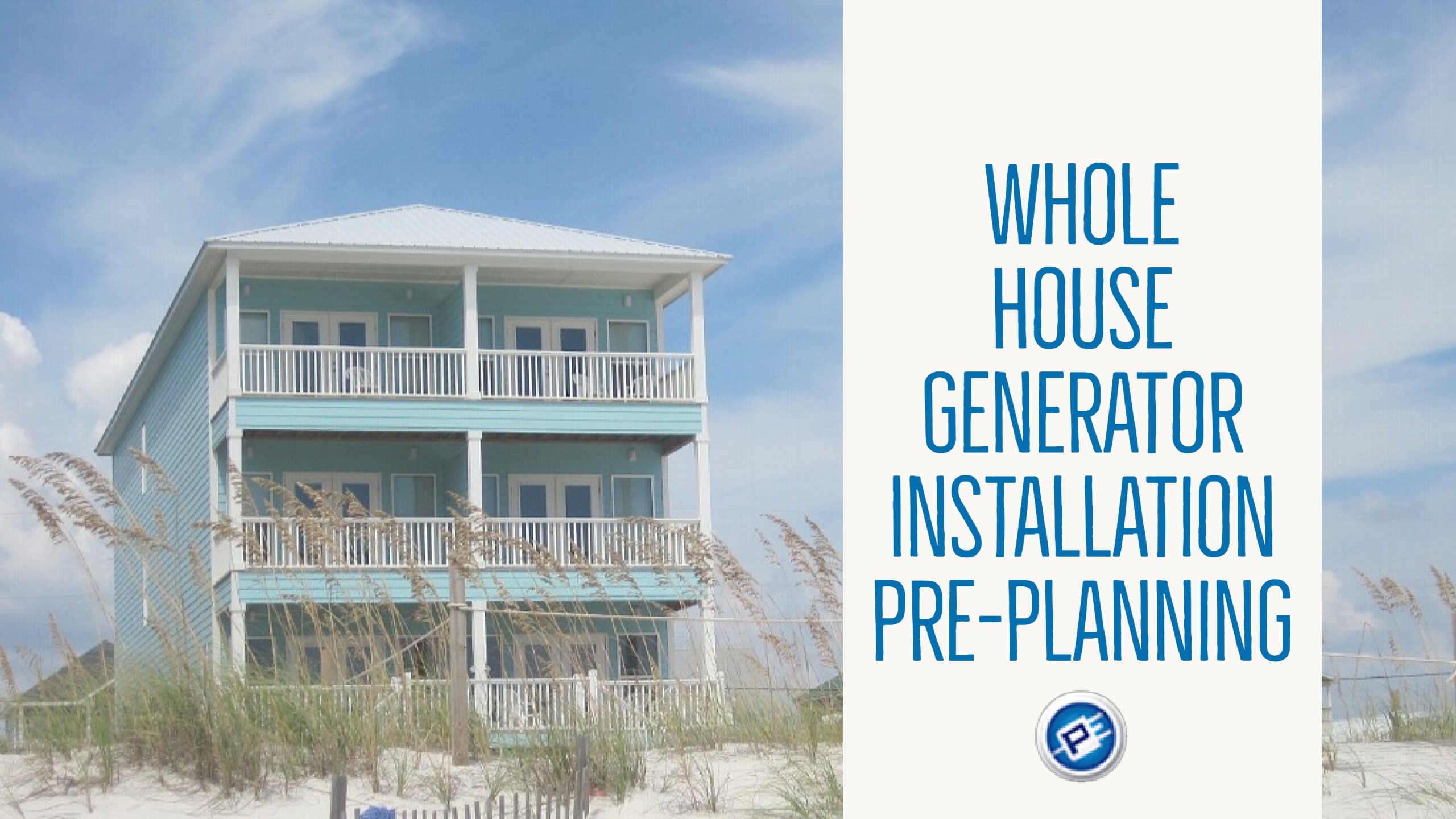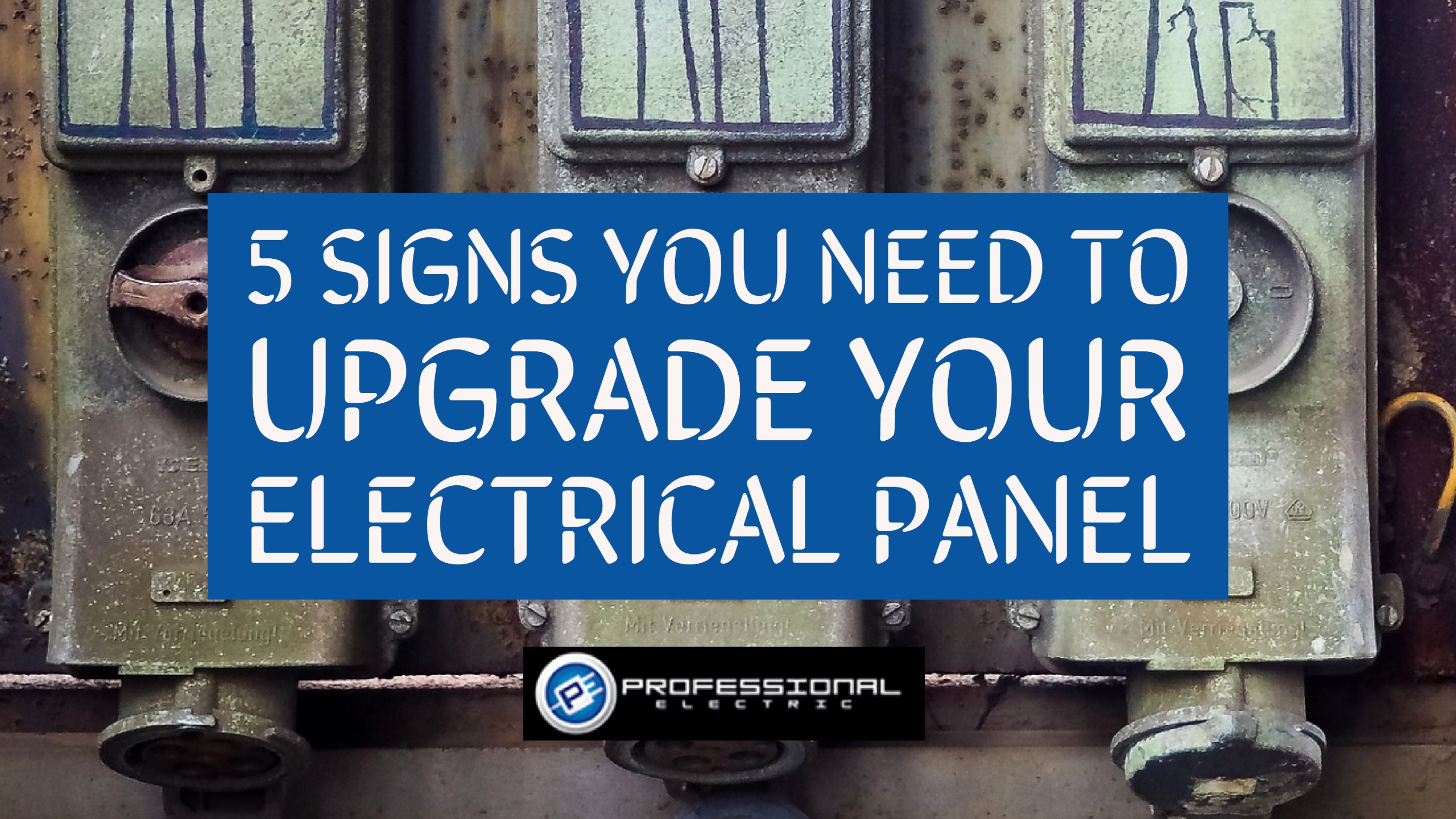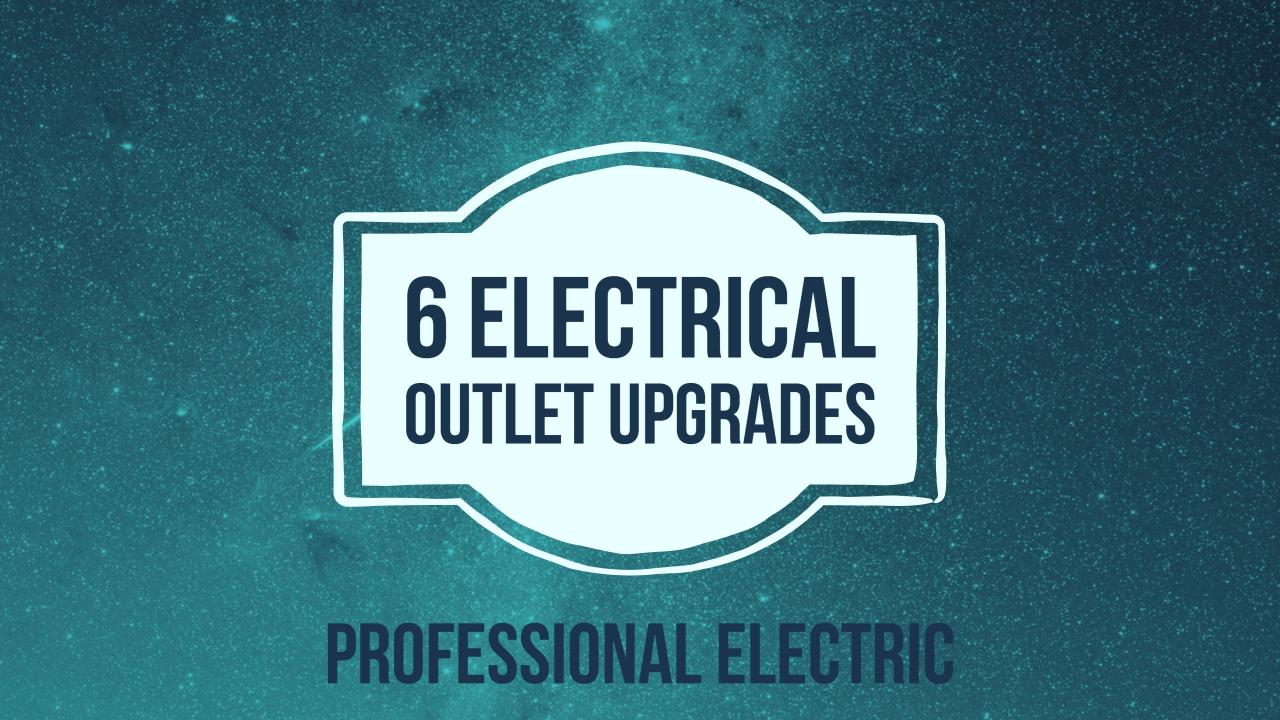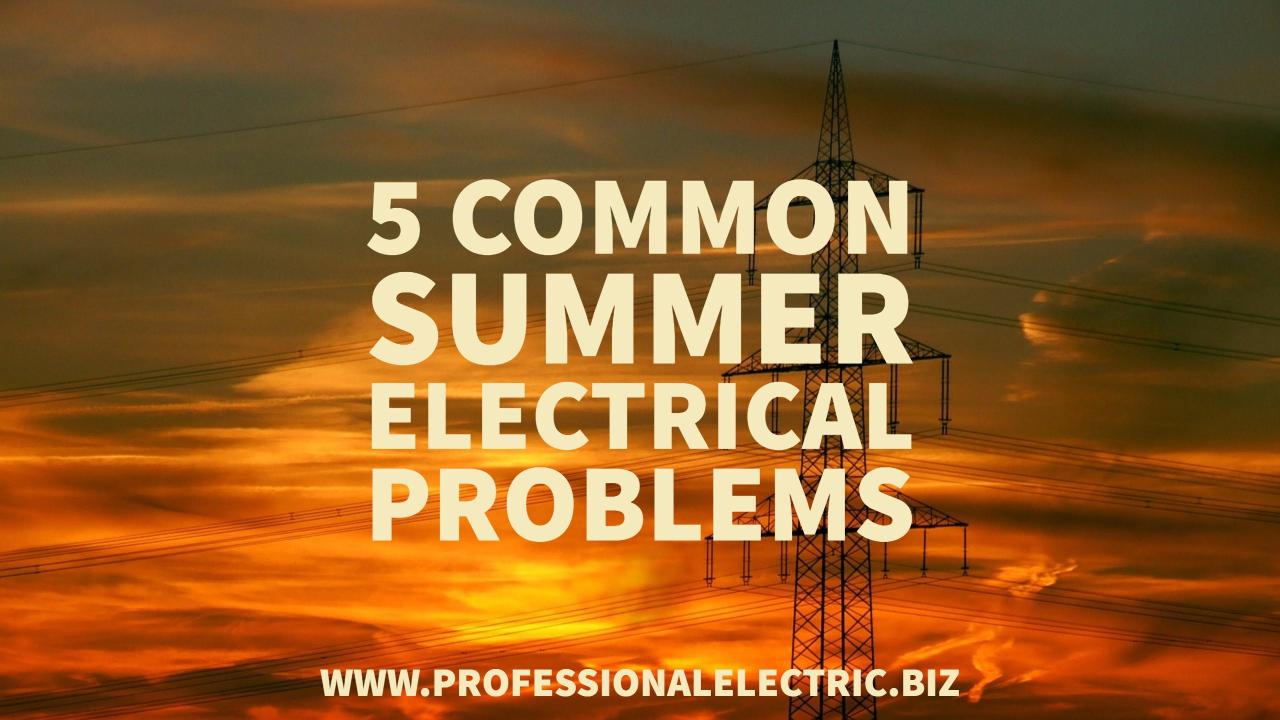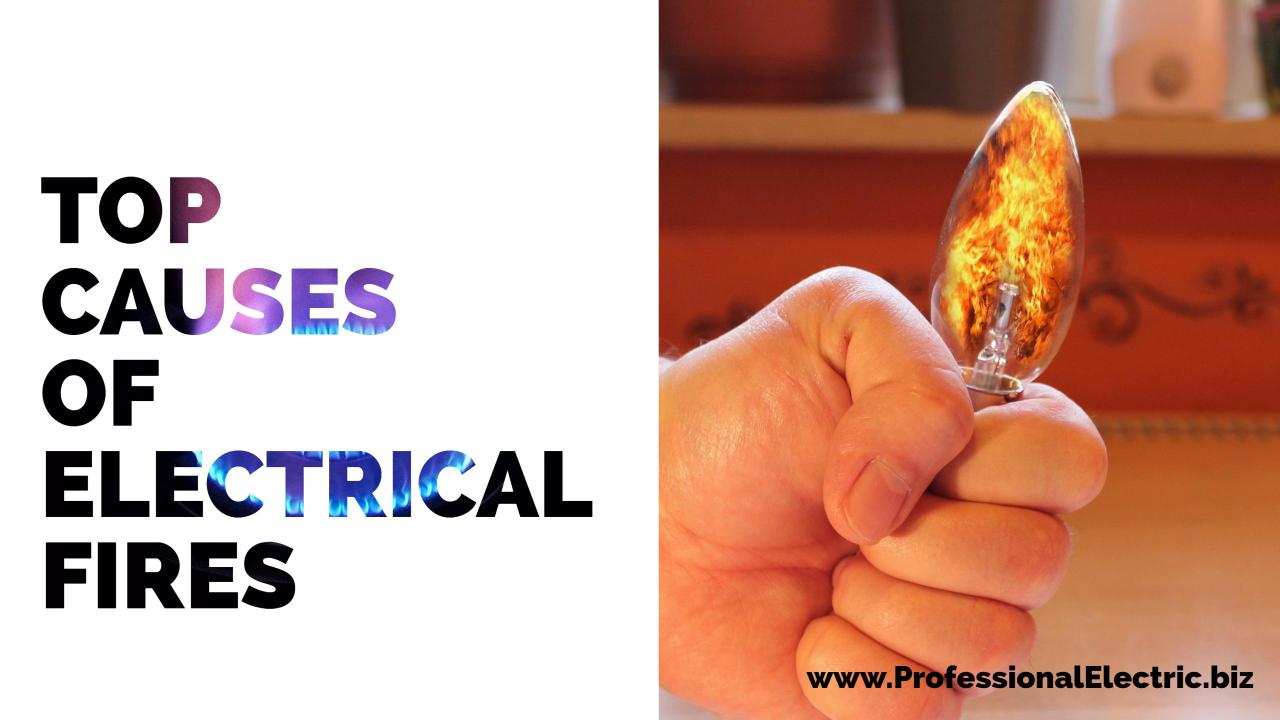Living along the Gulf Coast means homeowners have to constantly prepare for weather events. Half of the year is spent being on edge because a storm could hit during the long hurricane season and the other half is spent preparing. Part of that preparing is making sure your home can not only withstand a storm but also withstand the recovery that follows. When a hurricane—or tornado or another significant event—occurs, the electricity is generally knocked out for days, sometimes even weeks. Preparing ahead of time to keep your home and family on the grid can help immensely. That’s why Professional Electric is here to help explain the process of whole house generator installation pre-planning.
● Assess Your Home
The first thing you need to do is take account of what your home needs to run. This also includes deciding what you need in an emergency situation. You might decide that only the refrigerator and a few lights are necessary. Health and comfort could dictate having the air conditioner on for at least part of the day. Determine what your “essential circuits” are first and then calculate what it takes to run them. This number should include both running wattage and starting KVA (the amount of wattage needed to start the circuit). This number will give you your total electrical load.
● Choose a Generator Size
Once you’ve calculated your total electrical load, use that number to determine the best generator for you and your home. It’s important to remember you won’t likely find a generator that can run your entire home at once for days on end—unless your budget is unlimited—but you can find a whole home generator that will run the entire home in phases, i.e. the A/C for a couple of hours then the TV for a couple of hours then the kitchen appliances, etc. The units can range from a 12kW to a 22kW. The most popular option for a whole house unit is 20kW.
● Choose a Spot
This unit will be large so finding the right spot is key, as it also needs to be accessible. The unit will also need to be placed on top of a concrete pad (existing or poured for this purpose) so choose a flat area preferably up against an exterior wall.
● Choose an Electrician
It’s very important to find a competent electrician for this job. The installation is not a simple task and it does require abiding by building code and applying for a permit. Finding an electrician should be apart of your pre-planning as many are booked out and will need adequate time to prepare for this project.
● Choose a Propane Provider
Since whole house generators work best off of propane, factor this into your planning. There will need to be space to bury the tank and locate a (preferably) local propane provider/company. Find one ahead of time to factor this into your cost.
Don’t be caught in the dark during the next storm to hit the Gulf Coast. Take these tips from Professional Electric and prepare today with this whole house generator installation pre-planning.
If you are you are looking into getting a generator for your home or office, contact Professional Electric! Visit us online at www.ProfessionalElectric.biz and connect with us on Facebook and Twitter! We are available 24/7 for emergency services! Mobile: (251) 473-5788 Baldwin County: (251) 929-8957 Remember, when it comes to your electrical needs, Keep It Professional!
© Southern View Media 2018: Reproduction without explicit permission is prohibited. All Rights Reserved. “We Put You Online So You Don’t Get Left Behind.”

